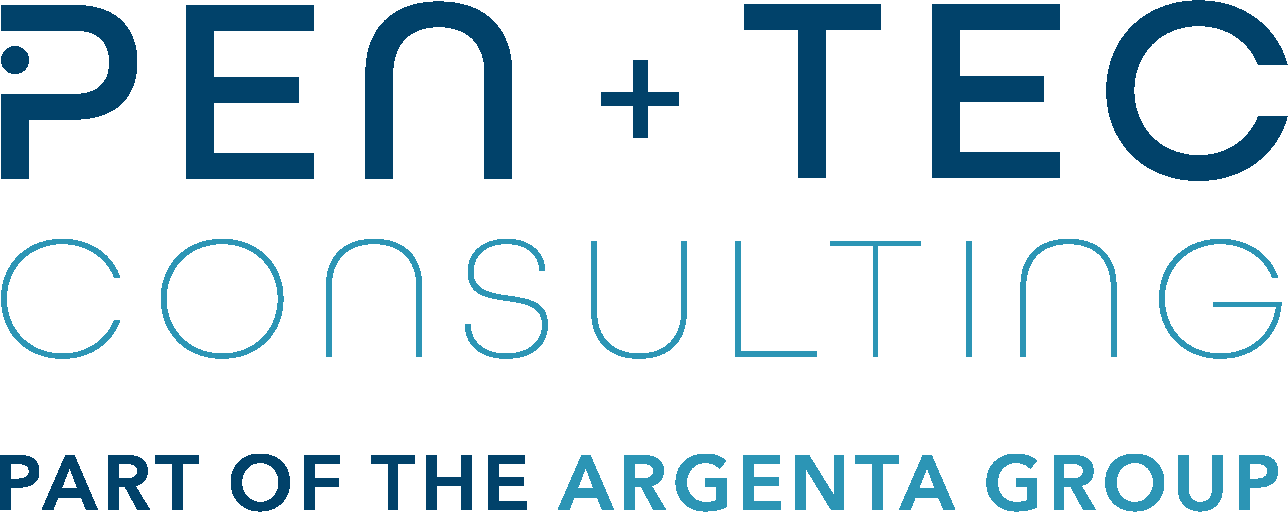EU simplifies regulations for novel foods – Ing. Liza Van den Eede for Fi Europe 2017
Posted 20 September, 2017
New regulations for the approval of novel food come into effect in the EU on 1st January, 2018. What impact will this have on the industry and how will it affect new product development? Ing. Liza Van den Eede from Pen & Tec Consulting will be at the Fi Europe Conference to clarify the new procedures and answer your questions about the new approval process. We asked her to tell us more about the upcoming changes.

Liza, you will be giving a presentation on updates to the EU novel food regulation. What are the main changes that the industry needs to be aware of?
‘The new novel food regulation introduces a centralized authorization procedure where all applications will be submitted directly to the EU Commission instead of to individual Member States, which until now were carrying out the initial safety assessment. From 2018, EFSA will conduct a scientific risk assessment for novel food applications, where necessary. Two different procedures can be used from the 1st of January 2018, each one applicable to a particular case:
- The authorization procedure for novel foods
- The notification procedure for a traditional food from a third country’
Timelines and deadlines are clearly set out at each stage of the evaluation process, which should result in a more predictable and hopefully faster approval process. However, applicants should be aware that in most cases it will still take 2-3 years to access the European market due to supplementary information requests and other regulatory hurdles. As of January 2018, novel food approvals will no longer be holder-specific and all approved novel foods will be transformed into a generic authorization with the creation of the Union List. Food Business Operators complying with the specifications set out in the Union List will be able to market a novel food which is identical to one that has already been approved, without having to apply for a substantial equivalence.’
These updates are being introduced in January 2018. Will they come into effect immediately? Or will there be a transition period for the industry to adjust?
‘Applicants whose dossiers are currently being evaluated by Member States will be governed by the new novel food authorization if they have not been finalized before. This also means that as of then they can apply for data protection and have exclusivity of the approval for a maximum period of five years. Already authorized novel foods will continue to be marketed and will be included in the Union List on 1 January 2018.
While the scope and initial definition of novel foods remain the same, the novel food categories have been updated to include food from animal clones and whole animals such as insects. Whole insects, for example, were not covered by the old novel food regulation while the consumption of parts of insects did, due to the wording used. To continue the marketing of whole insects, Food Business Operators will need to apply for a novel food approval or notification of traditional foods from third countries by 2 January 2020.’
How are these new regulations likely to impact new product development within F&B?
‘New EU regulations are increasingly 1 door, 1 key, with dossiers submitted essentially directly to EFSA. This will enable better harmonisation of dossier content. Will it help or hinder it? New product development within F&B will be enhanced, as there is improved clarity of data requirements, enabling F&B to plan for success. It is important, however, to involve all key players in dossier planning: sales/marketing, R&D, and regulatory affairs.’
Why does the industry often find it so challenging to get approval for novel foods?
‘Many dossiers fail due to poor quality data and poor quality presentation of the data, hence there is a need for expert regulatory inputs. Others may fail due to the high cost of generating adequate safety data for novel ingredients.’
Be sure to catch Pen & Tec Consulting at the Fi Europe 2017 Conference during the Master Class: Food Safety & Regulatory Compliance on Tuesday, 28th November 2017.
Ing. Liza Van den Eede will give an ‘Update on the Novel Food authorisation process.’
